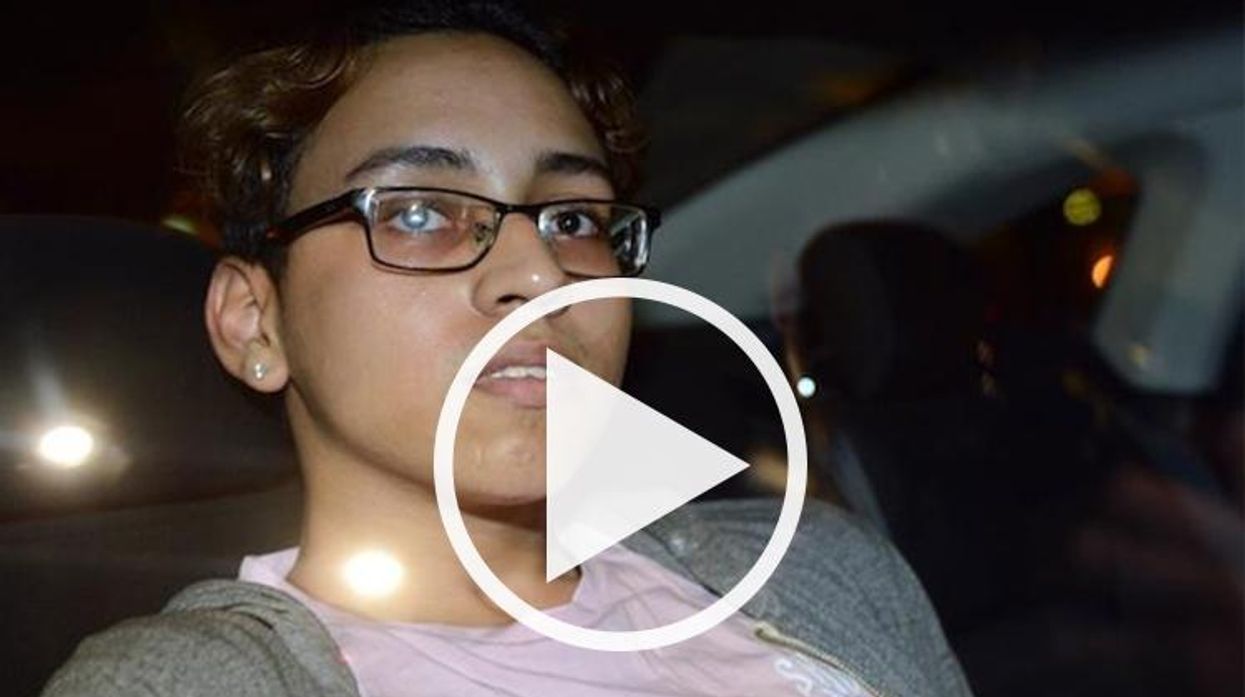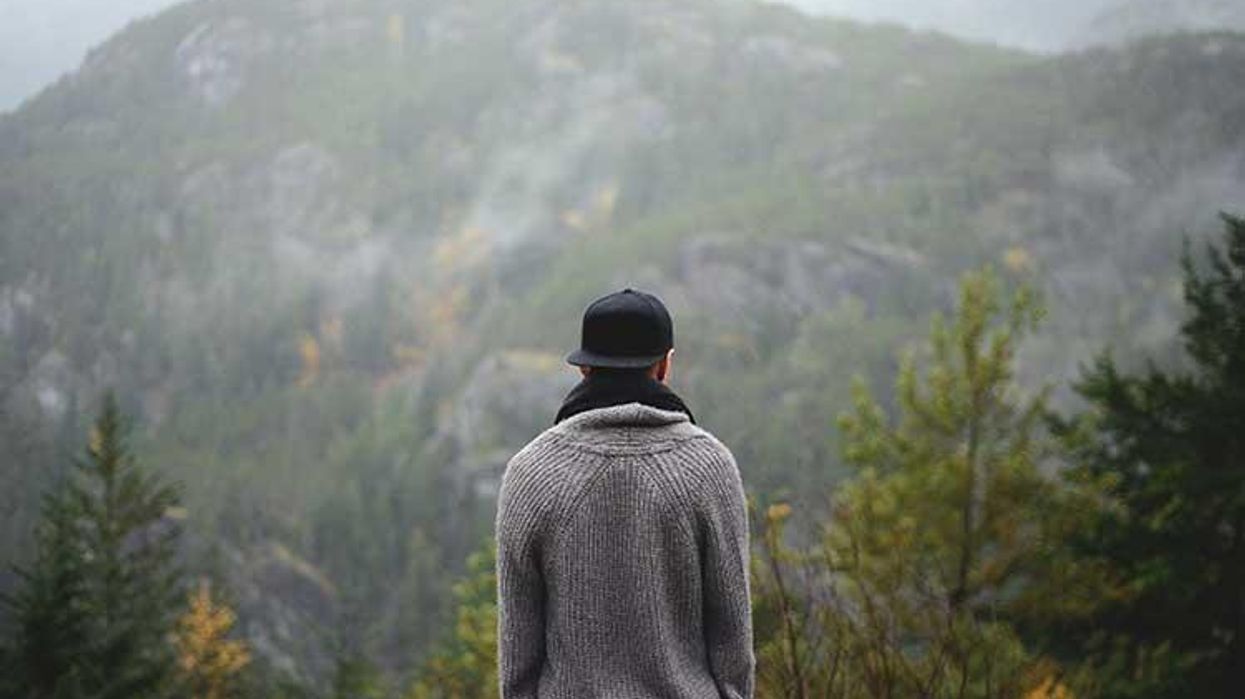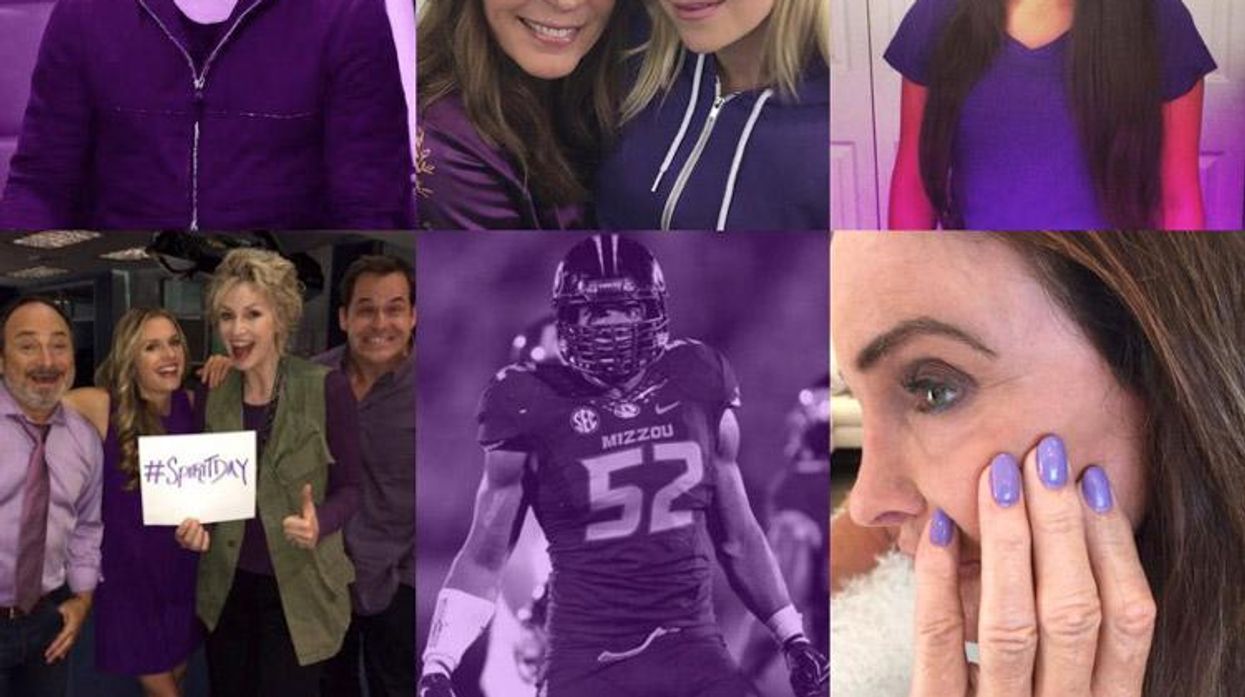After generations have suffered at the hands of their respective bullies, it seems like society is now finally understanding exactly how much of a problem we face. As someone who endured just about every form of bullying, I'm baffled as to why it's taken so long to finally address the issue.
On the contrary, some people have nearly canonized bullying, deeming it an unpleasant but necessary rite of passage during our formative years. After all, what movie that takes place in a school hasn't celebrated a protagonist who suffers at the hand of an imposing tormentor, only to be strengthened by the experience so that they can ultimately triumph in the end? We've seen enough teen suicides in the news now to realize that this fable is outdated at best, and at worst, completely false.
At long last, we're starting to examine the full effects of bullying and how it continues to haunt children, teens, and adults long after the physical bruises heal. Not only have we spread awareness on an unprecedented level, but we've also gotten many school districts to enact low- or zero-tolerance policies on bullying.
Now, there are plenty of those out there who say the goal of stopping bullying altogether is unrealistic, and I agree to a certain extent. As long as the scales of power tip in a certain direction, there will always be those who find ways to exert their power to coerce others. But we're setting ourselves up for failure in another way. In the time it's taken us to finally wake up and face bullying, our problem has started to evolve.
Some call it "cyberbullying." I like to consider it simply the next step in the evolutionary chain of bullying, one that's exceedingly trickier to combat. When a group of eighth-graders shove a sixth-grader into a locker, or when a group of teenage girls mocks one of their peers in the middle of the lunchroom, it's relatively easy to spot the behavior and put a stop to it. Yet there's almost nothing protecting these victims when it comes to Facebook, Twitter, YouTube, Tumblr, and the countless other social networking platforms.
Online, it's possible to be bullied by people who are completely anonymous, and by people who are complete and total strangers in real life. As a blogger/vlogger -- someone who is online every day as a job -- it's a daily annoyance. For someone who isn't as experienced with "trolls," this can lay waste to a person's self-esteem that may already be ailing to begin with. This is also assuming that these trolls operate within the realms of normal online social interaction, such as comments, messages, posts, and so on; but these sociopaths could use more sinister tactics like stalking, blackmail, or hacking your machine or device to obtain personal data. Such was the case in high-profile suicides such as Amanda Todd and Tyler Clementi.
Online bullying proves to be especially problematic for a couple of reasons. Due to the Internet's anonymity, not only are the bully and the victim frequently separated by screens and miles of physical distance, but bullies can also conceal their identities almost completely, making them notoriously difficult to combat. In real life a bully might think twice if they know they're being watched, or if they have to look a victim in the eye while they perpetrate the act, or if they're limited in any physical or social capacity. The Web allows unprecedented access to a person 24 hours a day and streamlines the process of harassment to a series of key presses and mouse clicks. Let's also not forget that, depending on the environment, trolls may be operating in a supportive environment. Those of you familiar with Reddit may remember "Violentacrez," the mega-troll and child pornographer who became one of the site's most popular users.
Yet as widespread as our newfound discussions of bullying seem to be, a majority of the discussion seems to be focused on traditional bullying. The kind with which all generations are much more familiar. The kind that we've seen in virtually every coming-of-age tale, from A Christmas Story to Spider-Man to The Karate Kid to Superbad to Mean Girls ... the kind that's in person. Even Lee Hirsch's high profile indie-doc Bully focuses on the more old-fashioned aspects of bullying. However, as a result, we may only be partially addressing the problem. Sure, it's great when a school district enacts a zero-tolerance policy toward bullying within their schools. That's great, but now what are you going to do to help a bullied kid when he's off school property? The Internet has no jurisdiction; it's everywhere. The same goes for bullying that takes place between adults. Sure, we have standards of conduct in workplace environments. What happens for the other two thirds of our daily lives?
What's the solution for bullying among kids and adults alike? Policing every single person's online activity at all hours of the day is simply too extreme.
Instead, perhaps we should encourage social networking sites to invest in software that automatically detects language associated with trolling or bullying. We could also encourage them to develop more effective means of reporting such activity online (in addition to the "block" feature already incorporated into most of these sites).
Better yet, while we're trying to encourage school districts to enact antibullying policies, why don't we also encourage them to develop programs that address bullying in a much more preventive fashion? I'm talking about more than just having a guidance counselor get up in front of a class and say, "Bullying is bad. Don't do it."
School districts' antibullying policies must become more comprehensive to fight the overall problem of bullying. Now that schoolyard bullies are feeling the squeeze, the last thing we want to do is simply push the problem over to a new environment, especially when that new environment presents us with a whole new list of obstacles to overcome. Bullying should be treated the same way we treat racism or homophobia. We start with policies that provide protection to potential victims. Then we provide avenues that allow recourse to anyone victimized by such behavior. Finally, we spread awareness as effectively as possible, to as wide an audience as possible.
It's unfair to place the sole responsibility of antibullying reform on our schools and our teachers. (Aren't they overworked enough as it is?) We need to include social media sites and other media outlets in on this fight. Granted, some are already making it a point to set a good example, such as Cartoon Network with its "Speak Up" campaign. So let's make this the norm, rather than just one "good example."
It's through efforts like these that we will be able to combat bullies no matter how or where they choose to harass their victims. Thus far, we've definitely made progress, and antibullying policy is definitely a solid foundation on which to build a solution. We just need to make sure we follow through and that we don't simply call our current progress a "mission accomplished" just to make ourselves feel better.
R.J. AGUIAR is one half of the blogger couple behind NotAdamAndSteve.com. He and his partner also run a daily YouTube vlog at Youtube.com/shep689.















Charlie Kirk DID say stoning gay people was the 'perfect law' — and these other heinous quotes
These are some of his worst comments about LGBTQ+ people made by Charlie Kirk.